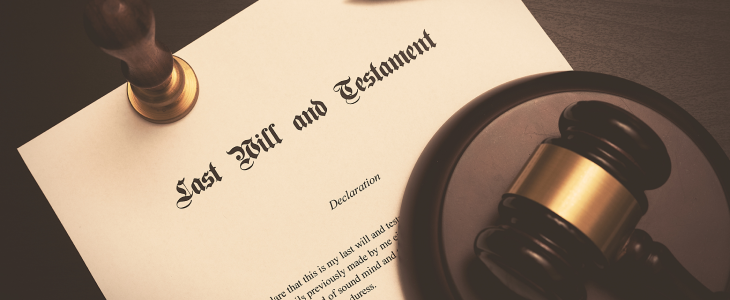An executor plays a central role in managing and distributing the assets of a deceased individual according to their will. This responsibility includes overseeing the deceased’s financial obligations, ensuring debts and taxes are paid, and assets are distributed to the designated beneficiaries. Understanding the duties and legal obligations of an executor is important for anyone involved in the estate planning process or those who may be appointed to this important position.
Understanding Executorship
Executorship involves carrying out the wishes of a deceased person as outlined in their will. The executor, chosen by the deceased before their passing, is tasked with a range of responsibilities, from managing the estate’s assets to settling debts and distributing property to beneficiaries. It’s a role that requires trustworthiness, diligence, and often, a keen understanding of legal and financial matters. While the term “executor” applies to someone named in a will, an “administrator” might be appointed by a court in cases where there is no will. Both roles serve similar functions, but the appointment and duties can vary.
Key Responsibilities of an Executor
- Collecting and Inventorying Assets: An executor is responsible for locating and taking inventory of the deceased’s assets. This includes everything from bank accounts and securities to personal property and real estate, ensuring that all assets are accounted for and protected.
- Paying Debts and Taxes: Before distributing assets to beneficiaries, the executor must settle any outstanding debts and taxes owed by the estate. They are required to notify creditors, pay valid claims, and file final income tax returns on behalf of the deceased.
- Distributing Assets to Beneficiaries: After debts and taxes are settled, the executor is responsible for distributing the remaining assets according to the will’s instructions. This process requires careful attention to detail and adherence to the deceased’s wishes, ensuring each beneficiary receives their designated share.
- Maintaining Estate Records: Throughout the process, the executor must keep detailed records of all transactions and decisions made on behalf of the estate. This includes financial statements, receipts, and correspondence. The executor must act with transparency and accountability.
- Managing Estate Finances: The executor may need to manage the day-to-day finances of the estate, such as paying ongoing bills, investing assets, and managing real estate. This role requires financial acumen and the ability to make prudent decisions in the estate’s best interest.
Legal Obligations and Challenges
Executors carry significant legal obligations, always acting in the best interest of the estate and its beneficiaries. They must adhere to state laws and the terms outlined in the will, managing the estate with care, prudence, and without personal bias. Challenges can arise, such as disputes among beneficiaries, contestations of the will, or complex tax situations, which can complicate the executor’s duties. Additionally, executors may face personal liability if they mismanage estate assets or fail to fulfill their obligations properly. The role demands an understanding of legal duties and an ability to navigate potential hurdles with integrity and diligence.
Choosing the Right Executor
Selecting the right executor is an important decision in estate planning. The ideal candidate is trustworthy, organized, and possesses a good understanding of financial matters. They should also have the time and willingness to take on the responsibilities involved. Consider someone who communicates well and can handle potential conflicts with tact and impartiality. While family members are commonly chosen, it’s important to assess their capability and willingness to serve. Sometimes, appointing an impartial third party, such as an attorney or a trusted advisor, may be a more suitable option, especially for complex estates.
Contact an Experienced Estate Matter Attorney in Virginia & Maryland
Randall J. Borden offers comprehensive guidance on estate planning and executor duties. With his support, you can confidently manage estate responsibilities or select the ideal executor. Reach out for personalized advice and to ensure your estate is handled with care and competence.


